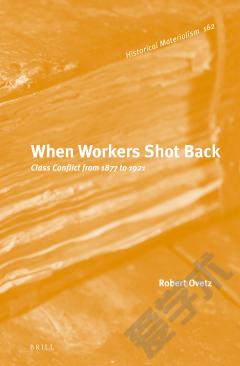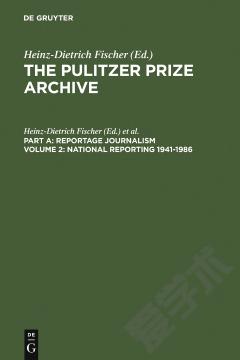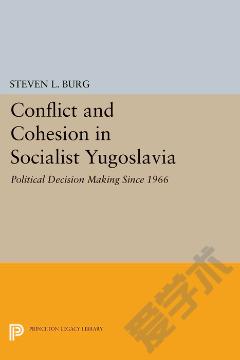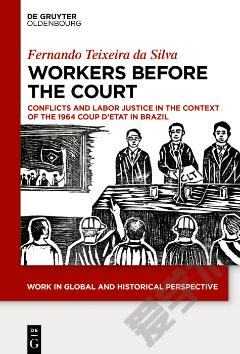Comrades in conflict —— Labour, the trade unions and 1969's In Place of Strife
----- 战友:工党、工会和1969年的冲突
This book examines the 1969 attempt by Harold Wilsonâs Labour Government to bring about legislation to reform industrial relations, with the objective of establishing a clear legal framework for Britain's trade unions, as well as curbing unofficial strikes. Published in the 50th anniversary of this ill-fated episode, this scholarly study makes extensive use of primary sources, many of them previously unpublished, most notably the archives of the Labour Party, the Left-wing Tribune Group, the TUC, and the personal papers of the three key political figures involved, namely Harold Wilson, Barbara Castle and James Callaghan. The chapters are organised both thematically and chronologically, each one focusing on a particular aspect of the events that led up to the proposed industrial relations legislation and its subsequent abandonment. The book commences with an examination of the key economic and industrial developments of the early 1960s, to indicate how âthe trade unionâ problem was initially identified and defined. This led the Labour Government, elected in 1964, to establish a Royal Commission to examine industrial relations, but its 1968 report was a cautious document and therefore deeply disappointing to Harold Wilson and his Employment Secretary, Barbara Castle. They thus pursued their own industrial relations legislation, via a White Paper called In Place of Strife. This aroused such strong opposition in the Cabinet, the Parliamentary Labour Party and the trade unions, that by June 1969, Wilson and Castle were humiliatingly compelled to abandon the legislation
{{comment.content}}








 京公网安备 11010802027623号
京公网安备 11010802027623号